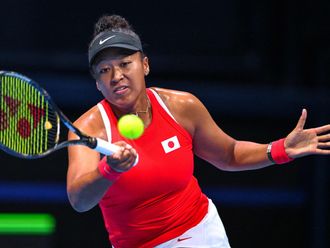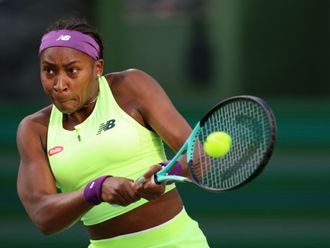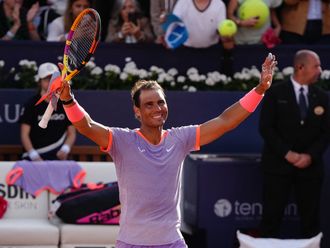‘Et tu tennis’- the collective sigh of any sports fan, and lovers of this genteel game in particular, has been quite apparent since last Monday. The New Year has now hurled in another sport, close on the heels of football and athletics and hitherto largely untouched by any major form of corruption, under the scanner.
The sense of timing by BBC and BuzzFeed, whose joint investigation published allegations of widespread match-fixing in tennis and the authorities’ efforts to brush it under the carpet, could not have been better-timed. There can be no better timing for a sports scandal to break than at the onset of a major event — the Australian Open in this case as it would guarantee a domino effect thanks to reactions from its biggest stars.
Despite the media organisations holding back on the names of the suspected players for ‘legal reasons,’ what had lent immediate credence to the story was that of world No. 1 Novak Djokovic’s admission that feelers were sent to him way back in 2007 to underperform in a match. He had also raised a most valid question of the involvement of betting companies as sponsors of even Grand Slams — with leading bookmakers William Hill being the wagering partners of year’s first slam.
There is an underlying irony in this — some of the leading bookmakers are actually members of the European Sports Security Association
(ESSA), who have raised the alerts of rise in ‘suspicious activity’ in tennis recently. The nature of this sport, according to experts, has elements of spot-fixing in it like whether a player will win a particular set, total games as well as overall match odds. Hence, the amount of money wagered in tennis can be prohibitive at all levels — which perhaps attracts the journeyman tennis player who can make a fortune by losing a match rather than winning a Challenger title.
While that’s understandable — what about the BBC’s claims that at least 16 of the men’s top-50 players are involved in match-fixing, with the list including Grand Slam winners? The Association of Tennis Professionals (ATP) have, quite justifiably, argued that unnatural betting patterns on their own are no proof of misconduct — unless there is a trail of communication of exchange of money between the ‘player and the corruptor.’
The next step then has to be the offending players’ names, as insisted upon by Swiss master Roger Federer with other stars — both from past and present including Djokovic himself — joining the chorus with each passing day. If lack of documentary evidence prevents taking the investigation to the next level, then one really cannot go far with just the insinuations.
Let’s not be naive to assume that everything is perfectly hunky dory with the sport, but there is no point either in trying to smell a rat in every unforced error or a fumble at a big point unless more evidence and names come out of the woodwork.
Till then, I am willing to give tennis the benefit of the doubt!












